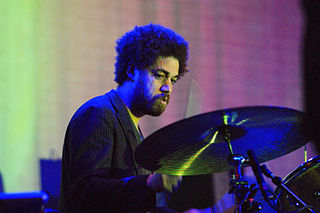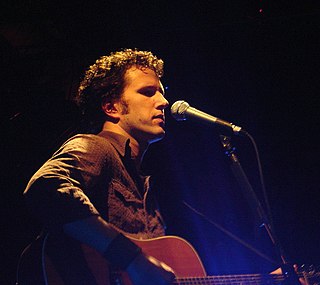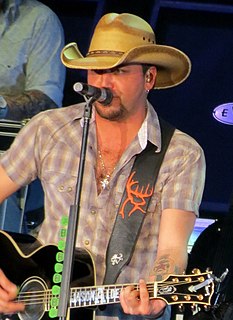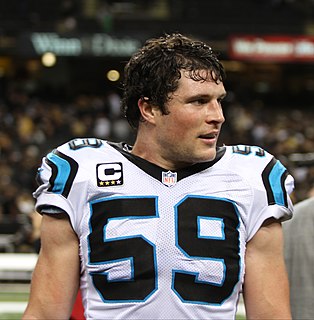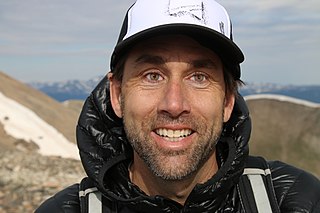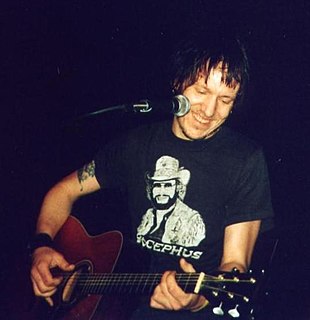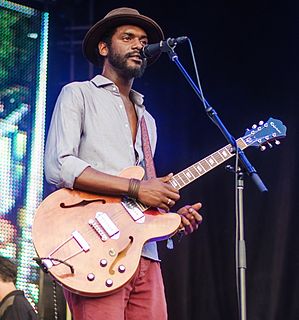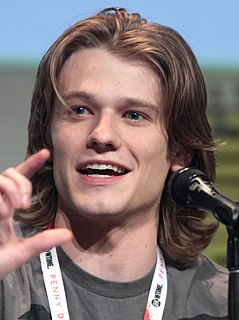A Quote by Steven Soderbergh
I try to use other songs or bands as reference points - it seems like the easiest way to get across what are really differences of taste or opinion. If you know what kind of music somebody loves, then you can kind of figure out why they do what they do.
Related Quotes
Well we usually just try to do a mix from all the albums so if somebody just has one they don't get bummed out that they don't hear anything from that record, then a couple songs you'll only hear live. Just kind of wing it you know? And sometimes on a tour you'll get with a set-list you like and you kind of just stick with that.
To me, a critic is someone who gets paid for their opinion, and they're entitled to that opinion but I don't really put a lot of stock into their opinion. I'm going to cut the kind of records and the kind of songs that I like, and the kind of things that I enjoy doing. If critics dig it, that's fine, if they don't, that's fine.
I think a much better use of time and resources is to really focus on your existing users or customers and figure out what changes can you make in the Web site, the service, the product, whatever, to get them to come back more often to generate that repeat business and once you kind of figure out that formula, then when you get new customers the whole thing just kind of grows exponentially.
I've been doing four-track songs by myself since I was like a teenager, where I'd sing in a way that I ... I just didn't think other people would like it, so I didn't play it for them but eventually I got over that, which I'm happy that I did, because it's kind of a drag to be playing a kind of music that you don't really like as much as another kind.
I'm kind of lucky in the fact that I can take something that's in my head and write it down, or I can listen to a piece of music that somebody else has written and try to tap into what the music's saying and just kind of follow that, you know. I mean, nine times out of 10, I'm just kind of following where the music takes me.
I opened up my mind as far as playing music. I was at a Cody Chesnutt concert a few years ago, and a friend introduced me to him. We just started talking about music, and he asked me what I did. I said, "I have these songs and I'm kind of nervous to put them out, because I've just kind of been playing blues stuff, and playing other people's songs." He said, "You should just put them out there, man. Why not? It's just gonna bother you if you don't. The easiest thing to do is to just let it go." So I just took that with me.
All those experiences were a chance to learn more about music. Playing with the Valley band is like such a "live" band. I mean, really, in many ways Bright Eyes is really a studio project. We form bands to tour, but it really is - you know, we take the songs and we figure out how to decorate them and it's all in the studio, we build the songs that way. Whereas Mystic Valley Band was the exact opposite, where everybody knows what they are gonna be playing on the song and there's sort of a general stylistic approach, and then it's just plug in and play.

